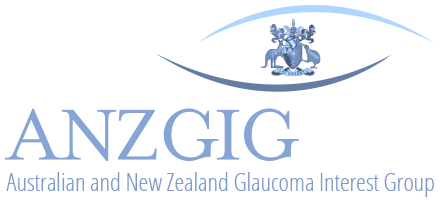Once it is decided that surgery will help you, you'll need to learn what to expect from the surgery and create a treatment plan for the best results afterwards.
As you prepare for your surgery, it is important to be proactive. Preparing mentally and physically for surgery is an important step toward a successful result.
Before the surgery, you should make sure that you understand what the surgery entails and also what to expect in the weeks and months to follow.
Understanding the process and your role in it will help you recover more quickly and have fewer problems.
Before surgery, our doctors will give you a complete physical examination to make sure you don't have any conditions that could interfere with the surgery or its outcome.
Other pre-surgery activities could include:
- Final Testing
- Routine tests, such as blood tests and X-rays, are usually performed a week before any major surgery.
- Medications
- Discuss any medications you are taking with your doctor and your family physician to see which ones you should stop taking before surgery.
- Gum Disease
- Have any tooth, gum, bladder or bowel problems treated before surgery to reduce the risk of infection later.
Other Preoperative activities could include:
- Infections
- Report any infections to your surgeon. Surgery cannot be performed until all infections have cleared up.
- Support
- Arrange for someone to help out with everyday tasks like cooking, shopping and laundry.
- Easy Reach
- Put items that you use often within easy reach before surgery so you won't have to reach and bend as often.
- Easy Access
- Remove all loose carpets and tape down electrical cords to avoid falls. Make sure you have a stable chair with a firm seat cushion, a firm back and two arms.







